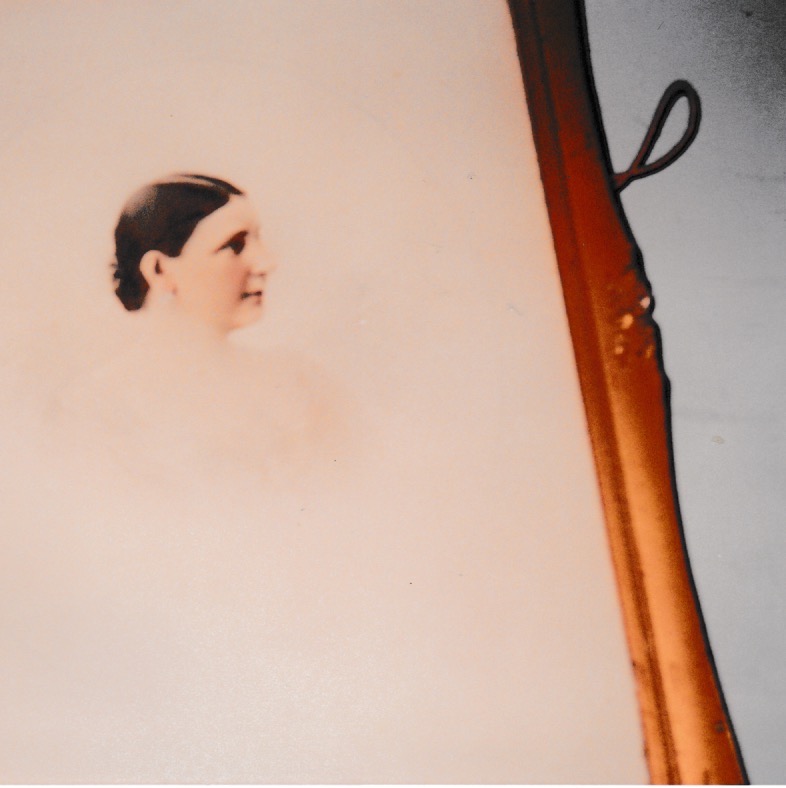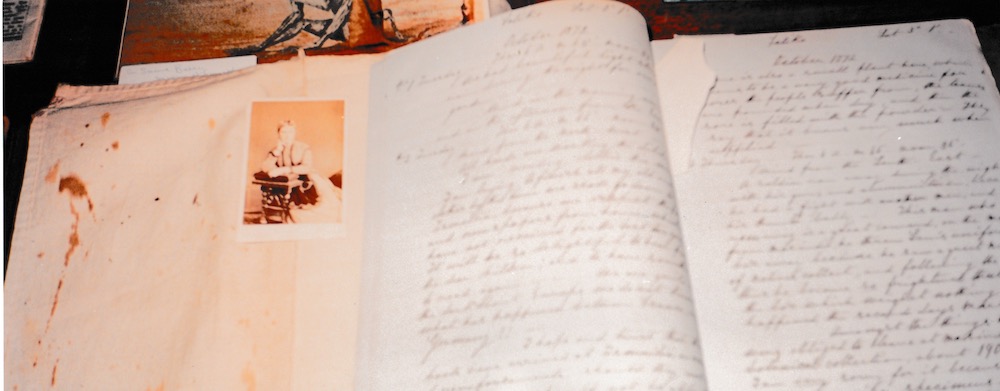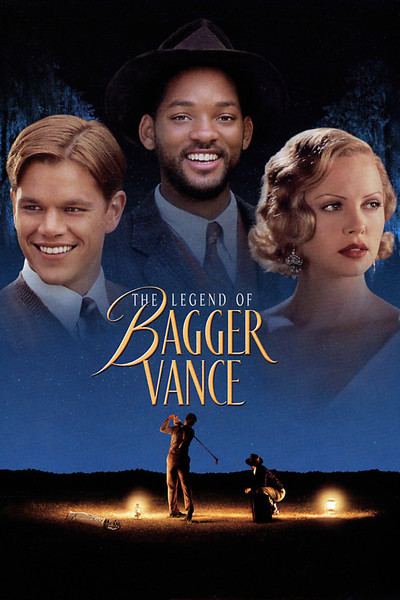Everything You Wanted to Know About Sensitivity Reading But Were Afraid to Ask – Top Ten Questions Answered
You Have Questions on Sensitivity Reading? I Have Answers!
I’ve been a Sensitivity Reader for several years now “officially,” and find myself answering quite a few questions on the subject. And you know what? I enjoy answering all of them because I LOVE being a Sensitivity Reader. I don’t do it full time as I’m an author myself, and founder of a non-profit, but, it would be a wonderful choice as a full-time career. Why?
- Because you are providing a service people want.
- You are helping people.
- You can inform people.
- You are doing something positive for the universe.
- You can work from home with very little investment.
- Great karma.
Twice a month on the first and third Thursday of the month I do a LIVE video which goes out at the same time to 6 different locations where you can catch me speaking about the subject; from my Sensitivity Reviews and Author Facebook pages, Twitter, Twitch accounts, to Youtube and Perisocope. I also teach others to become Sensitivity Readers.
But, for now I’d like to answer the top 10 questions I receive. Here we go!
1. How did you get started as a Sensitivity Reader?
I actually was doing this before there was even a name for it. I have a background in screenwriting. I’d meet with a group of other writers and we would read and critique each other’s work. I found myself being asked about the black characters they created and I’d give my opinion. It was that simple. I also love telling the story (sorry if you’ve heard it before) about a screenplay I wrote, “The Mountains of the Moon,” (now known as The River and the Ribbon) which was based on a true story of a Hungarian aristocrat (Florence) who was five when her family was slaughtered during the Hungarian Revolution of 1848. She survived and later turned up on a slave block, in her late teens, in Bulgaria. A British explorer by the name of Sam Baker bought her freedom. They eventually fell in love and went on an epic journey to discover the source of the Nile.

I joined the Royal Geographical Society and flew to London (first time to Europe) to read the actual manuscripts Sam had written during this time. So fascinating. I then met with the descendants of Florence Baker who lived in Salisbury England. They shared intimate information about Florence that could not have been found from any other source. They also allowed me to read one of her hand-written diaries. The photo above is of Florence. It was hanging in the home of her family members that I met. The image below is her personal diary. Can you say, WOW!

Once I returned home I wrote the screenplay. I then sent a copy to them as promised and asked if I got any specifics wrong about her. They knew it was a dramatization of Florence and Sam Baker’s life, but still it was important to get it right. They actually mentioned a few things that were incorrect and I agreed. I made the changes.
That is what can be considered a Sensitivity Read despite it not carrying that label.
2. Why Are Some People Against it and Call it Censorship?
This is how I see it. People who are against Sensitivity Reading fall into either 2 different camps. Some are not against the service, just don’t like the name, “Sensitivity” Reader. To those folks I let them know about other names we go by such as, “Diversity Editor,” “Targeted Expert Reader,” or “Targeted Beta Reader.”
To those in the other camp who feel the service is censorship, I explain it this way. When a NY Times author hands their book to the publisher, does it go straight to print? Or, does it go to an editor who marks it up, makes corrections and then sends back to the author for a re-write? That could be considered censorship as well. For a long time publishers have used “experts” when it comes to nonfiction books. Why not fiction? They have to to cover their butts and be responsible. If one of their authors writes a book on open-heart surgery risks, you better believe they will farm the book out to other cardiologists who will read it for accuracy.
Sensitivity Readers only make books more accurate, more authentic as well as enrich characters.
3. How Do You Convince People to Use a Sensitivity Reader?
I don’t. I don’t try to change anyone’s mind, or force them, or guilt trip them to use this type of service. I simply offer it to those who seek it as another tool in their tool belt. It is strictly voluntary. Those who do hire Sensitivity Readers, in my opinion, are responsible, creative individuals who take risks and reach for the stars! They are also fearless when it comes to hiring a Sensitivity Reader as it is a very vulnerable thing to do. I keep that in mind when working with other authors and make sure I point out all the wonderful things about their projects as well.
3. Are Authors Forced to Make All the Changes From a Sensitivity Read?
Everything is voluntary. We simply provide the research and opinion from years of life-experiences. It is up to the author or content creator whether they use our suggestions or not.
4. Who Can Become a Sensitivity Reader?
I’m afraid I can’t say everyone. It’s not for everyone just like everyone is not cut out to work for themselves. But for the most part, the types of people I see becoming Sensitivity Readers are:
- Authors
- Writers
- Bloggers
- Screenwriters
- Avid Readers
All of these people should also want to work from home, be well organized, professional, social media savvy with an extended background in more than one niche.
5. What Are Some Niches?
These are just some of the niches: African-American, Hispanic, Native American, Asian, Veteran, Mental Health, Homelessness, Urban experiences, Poor Communities, Muslim, Obese, Plus Size, Bi-Racial, Autistic, Interracial Relationships, LGBTP, Little People; any marginalized group.
6. Can a White Person Be a Sensitivity Reader?
Only if they are part of a marginalized group, (ie Gay, Obese, etc) because default characters are “white,” something from which every minority character is measured by. Also, the majority of authors and publishers are white and have very little diversity within their ranks. Unfortunately, they do not have someone around from which to bounce ideas off of, or to check whether a character written with a white lens is, at the very least, misinformed or a stereotype, and at the very worst, racist.
7. What Do You Consider Racist For a Black Character?
This is a question which could take up an entire post on it’s own; but here are a few:
- All black characters speak in “street” or “slang” as perceived by the writer on what they think black people speak
- No backstory or detail on the character to make them a well-rounded character and not a caricature
- Describing them by their skin color (some authors refer to a character over and over again just by their skin color)
- All black characters live in the hood, or in poverty and filth, don’t hold jobs, etc.
- Black characters are either hookers, dropouts, gang-bangers, illiterate, etc. (that is not to say that you can never have these types of characters, but when all fit into this category, there is a problem)
- All black characters come from broken homes, mothers were young when they got knocked up
- All black characters are on drugs or deal drugs
- Showing “natives” as backwards, so unintelligent that they need a white savior to lead them (Check out the original Stargate movie where the black tribe sees the white military crew and bows down to them thinking they are gods. Have you ever seen the opposite on screen?)
- Older black character with a claw for a hand with no explanation why their hand is shriveled up (and not part of the story)
- Making them a “magical negro” (ie Bagger Vance, The Green Mile, The Matrix, Bruce Almighty)

Frankly, I could go on, but you get the idea.
8. Will You Read and Complete a Sensitivity Read When The Book is Extremely Racist?
I do know of a Sensitivity Reader who received a manuscript which was so offensive, she refused to read it and handed it back to the writer with a full refund. I understand where she was coming from. Sometimes you have to protect yourself from material that may affect you deeply.
I have had only one project which was extremely offensive with racist characters. I had to take a step back and think about the reason the author trusted me with their work. They had an inkling that their characters may be stereotypes, and that is why they contacted me. I see that as brave and responsible. After I got over the initial shock, I treated it like any other read and explained why their characters were stereotypes and offered solutions. I made it a point to not wag my finger, but to be a partner with the writer. I am there to only make their writing better. I gave the writer suggestions, spelled out in detail why I saw it the way that I did and provided links for research that they can do on their own. I held my breath and sent the report to the author. Within 24 hours they got back to me thanking me and said that is exactly what they were looking for.
So yes, I will read those types of books/scripts if the intention is not to hurt and misinform.
9. Should Writers Only Write About People Like Them? Write What You Know?
What a boring world that would be. I think that is terrible advice. Books, films, even commercials take you to places you’ve never been and people you may never meet. I’m not Hungarian, nor did I know anything about the Hungarian Revolution, but I wrote a screenplay with it as a backdrop.
It’s called research.
Research the types of places and people you are unfamiliar with and use a Sensitivity Reader (or 2) in order to create authentic, rich and vivid characters and locals. Write what captivates you as you’ll be living with the characters and their world for many months; even years before it’s published.
10. Will Hiring a Sensitivity Reader Cover Authors From Online Attacks or Books Being Pulled (Cancel Culture/ Call-Out Culture) For Racist Characters?
Yes and no. Remember, we are only human and are reviewing work from our point of reference. That is why I always suggest that authors, screenwriters and the like hire more than one Sensitivity Reader; especially if they have multiple major characters from marginalized groups. Let’s say you have a Gay Hispanic character who has a mental illness and you hire a Sensitivity Reader who is Hispanic and Gay, but they have no experience with mental illness. That Sensitivity Reader would only be guessing if the “mental illness” part of the character is accurate or not. In that instance, it would be prudent to hire another Sensitivity Reader who is familiar with mental illness; or find a counselor or psychiatrist to review the mental illness angle for accuracy.
Hiring a Sensitivity Reader is always a good idea when you are writing about characters unfamiliar to you. They should be able to catch all major instances of misinformation, but do not guarantee that your work is free from stereotypes and the like. We also make it a point not to endorse or allow our names to be attached as a Sensitivity Reader (in case the writer chooses not to use our suggestions and keeps problem areas as is).
So those are the top 10 most asked questions. Did I miss one that you had? Comment below and I’ll respond, or drop me an email.
Interested in becoming a Sensitivity Reader? Take my course on Sensitivity Reading as a business. You can start with the FREE 7-day course to see if it’s for you.
Looking For a Sensitivity Reader? CLICK HERE and tell me what you need.
Other Resources:
Book: So You Want to Be a Sensitivity Reader?
Slideshare Presentation on Sensitivity Reading
Learn to be a Sensitivity Reader
